Whatever your thoughts on how this whole situation arose, people ARE getting sick. But the vast majority of people will recover, at least from the initial illness, quite well. And once they've recovered they'll have lifelong immunity. Much better immunity than from the end of a needle. For many of you, this post is a bit too late. I wish I'd had this info earlier, but hopefully it will help those here in NZ, when the inevitable happens and we need to learn to live with it.
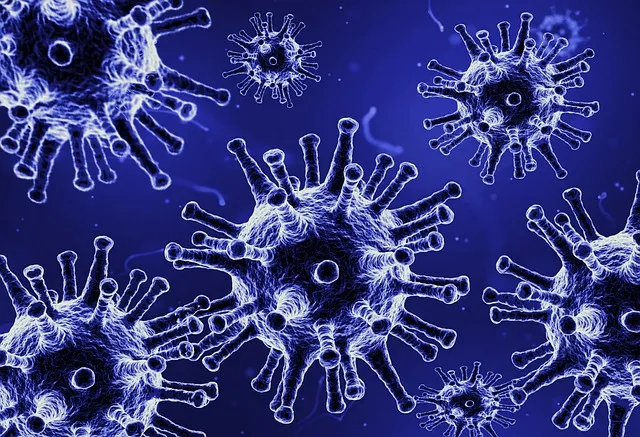
It appears that the official advice to take some painkillers and not to call the hospital until you're at death's door is very poor, as by that time it is very difficult to address. But there's a lot you can do to support your recovery at home. I've consulted a few sources and put together a summary of some things that may help. Please feel free to add to the list, in the comments. Some of these are obvious or commonsense but I've put them here anyway to be complete.
A lot of the suggestions here are from Dr Peter McCullough, who, right at the start of all this, developed a protocol combining a variety of drugs and other therapeutics that targeted the different phases of the illness. By the time a person is hospitalised it can be too late, so early intervention is advised. He recently did a very good interview with Voices for Freedom in NZ. The full 1hr 45 min interview can be seen here. If you're only interested in the protocol, not his views on other aspects of the situation, just watch the first 30 minutes or so.
But before we go into his recommendations, let's cover the basics.
WHAT ARE THE SYMPTOMS

Dr McCullough explained that a normal cold will start with a sore throat and after couple of days, the respiratory symptoms will kick in. With Covid, it starts with respiratory symptoms in the front of the sinuses, loss of taste and smell, headache, fever and maybe some laryngitis later.
GET INTO A HEALING MINDSET
I mean this in a number of ways - physically, mentally and emotionally. Whether it's Covid or not, go home and isolate for a week or two. Not just to stop any spread (the jury is out on whether that is even possible) but for your own rest and healing. That is possibly one of the few positive things that have come out of this situation - that people are more inclined to go home and rest if they get sick, instead of soldiering on.
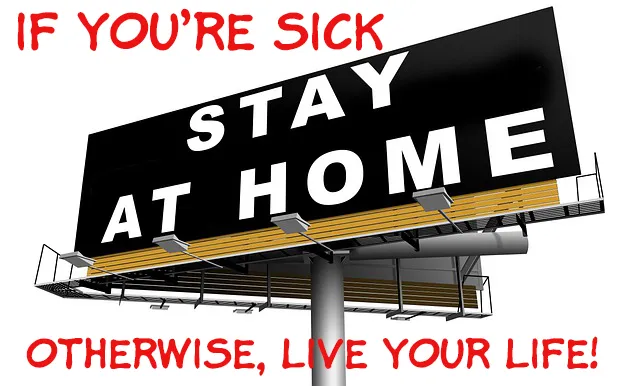
Get yourself away from the daily routine, work and housework, but also away from news and social media. Sleep is your friend and fear is your enemy. Respect the illness but don't fear it, there is no surer way to lower your immunity. If you fall into fear there are number of tools you can use to get out of it, and I've already covered them in more detail in this post.
To summarise:
o Make your home a peaceful haven
o Sleep and rest as much as possible
o Choose peace and serenity (and laughter when you're up to it) over fear and worry (this is the number one most important thing to do)
LIFESTYLE
If you are vulnerable, hopefully you have been doing these anyway, but if you or anyone in your household gets ill (with anything!) these things become more important
o Eat real foods and minimise anything mass produced
o Avoid sugar, alcohol and recreational drugs for a while
o Repeating this, as it's the number 2 most important thing - sleep, rest, and then sleep some more
o As much fresh air as possible, and sun if weather permits
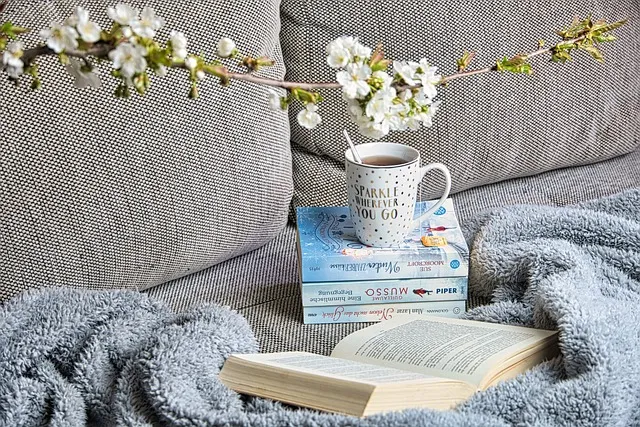
NUTRITION
Dr McCullough starts everybody on these critical nutrients. He says they won't cure the illness, but will address any underlying deficiencies, and maximise the potential for full recovery.
o Vitamin C - 3000mg
o Vitamin D - 5000IU
o Zinc Sulfate - 220mg
o Quercetin - 500 mg, twice a day (check with your doctor for any contraindications)
According to a meta analysis by Dr Chris Masterjohn (PhD in Nutritional Science) of more than 100 studies on Vitamin D and Covid-19, having the right amount of vitamin D in your system dramatically reduces the risk of getting sick from Covid and being hospitalised. As it's only one factor, it doesn't guarantee you will be protected, but people with blood levels of 40-60 ng/mL had the best results. Here in NZ, the blood test for vitamin D levels (25(OH)D) isn't funded and you would have to pay for it. But, given the levels of vitamin D deficiency worldwide, it could be money well spent.
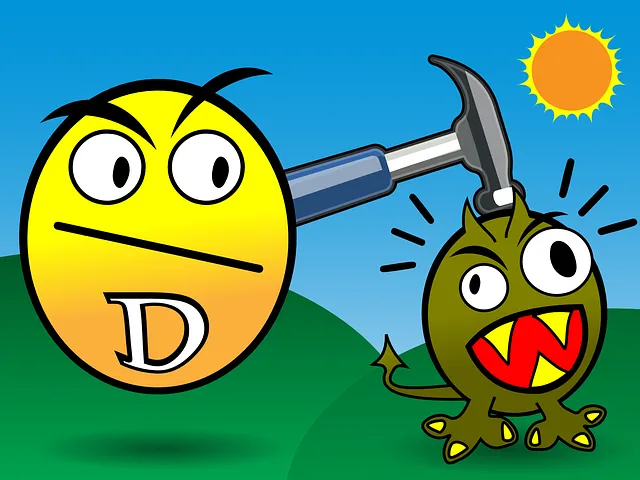
Other nutrients that people are recommending include:
o Vitamin K2, to be taken with your Vitamin D3
o Magnesium
o Selenium
o N-acetyl cysteine [NAC] - a precursor to glutathione
DRUGS OR MEDICAL TREATMENTS TO DISCUSS WITH YOUR DOCTOR
This is an overview of Dr McCullough's protocol for use in the initial stages. For more details download his full treatment protocol from https://aapsonline.org/covidpatientguide/ or https://www.truthforhealth.org/patientguide/patient-treatment-guide/ or watch the video above.
Most official sources are saying none of these have been verified as working, but that may be because they are only using one of the approaches instead of combining them. Many others are saying that they are having good success. Up to you to do your due diligence before approaching your doctor.
**Step 1. **He starts everybody on the nutritional protocol of Vitamins C & D, zinc and quercetin above. If you are at risk, or have verified that you have deficiencies, don't wait till you get sick. Start now!
**Step 2. **Also recommended is using a mouth wash and nosal swap to reduce any viral overload in the sinuses. This can be used twice a day as a preventative if you are seeing a lot of people during the day, or helps reduce recovery time if you get sick. Put 2 or drops of one of the below substances into some water. Dab some around in the nose, with a cotton bud, and use the rest to swish in the mouth, gargle and spit.
o povidone iodine
o OR dilute hydrogen peroxide
o OR original listerine
I was wondering if other forms of iodine might also work. From this article about the differences between povidone iodine and nascent iodine, I think nascent would also work.
**Step 3. **If you get sick, the first step is to get an infusion of monoclonal antibodies. Apparently they have been made available to doctors all over the US but most don't know about them and are not using them. I don't know whether they are available in NZ.
Another protocol I saw talks about hyperimmune plasma. "Convalescent plasma and hyperimmune globulin are obtained from individuals who have recovered from an infection and have generated an immune response. Neutralizing antibodies are thought to be the main active component; other immune mediators may also contribute." Although they probably act in a similar way, monoclonal antibodies are not the same. They have been developed in the lab, rather than being from recovered people.
**Step 4. **If you are under 50 years old and have no co-morbidities, you can watch what happens and you may only need these if you get worse, but vulnerable people may need to start on these straight away:
a. Hydroxychloroquine OR Ivermectin OR Favipiravir
b. PLUS Azithromycin
c. PLUS Doxycycline
Step 5. When respiratory symptoms start, or around Day 5:
a. Inhaled budesonide via nebuliser. This is the same drug in an asthma inhaler. An inhaler is for acute situations. Through a nebuliser is more gentle and is used as a twice daily preventative. (Some of you may remember that in the comments on one of my earlier posts @dreemsteem told me that when she was first diagnosed with Covid-19, way at the beginning, before anything got banned, her doctor gave her an inhalation treatment in the clinic, then send her home with two different asthma inhalers and a script for antibiotics. She never needed the antibiotics, as the inhalers did the job.)
b. Other drugs that may help ease breathing are listed as Dexamethasone OR Prednisone OR Colchicine
Step 6. If risk of clotting / thrombosis:
a. Aspirin
b. OR low-molecular weight heparin (an anticoagulant used to treat and prevent blood clots)
c. OR one of a variety of other anti clotting drugs
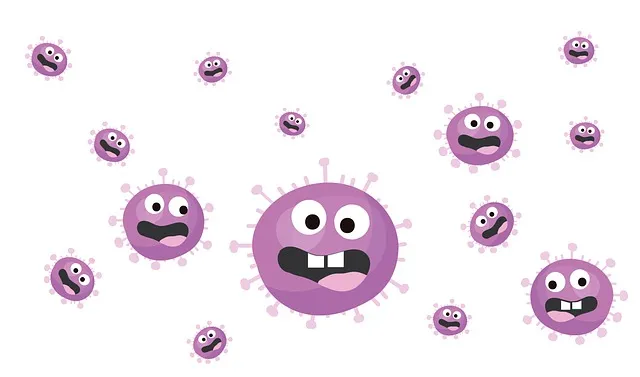
The scientific minded among you might find this page interesting. It's a meta analysis of studies done on a variety of substances and their efficacy in early treatment and overall mortality. Most of the substances in the above protocol are included.
HYDROXYCHLOROQUINE OR IVERMECTIN?
It looks like Dr McCullough uses hydroxychloroquine for milder cases and ivermectin for more severe cases. But there may be other differences between them that would guide a doctor's choice. It's a bit academic though, as in NZ you probably won't be able to get either.
In NZ, from 24 March 2020, Pharmac restricted funded access to hydroxychloroquine to make sure it's available for patients who need it for its registered Medsafe-approved indications only:
o active rheumatoid arthritis
o systemic and discoid lupus erythematosus
o malaria treatment
o malaria suppression.
Also in NZ, our GPs are being threatened not to treat with ivermectin because it hasn't been proven effective.
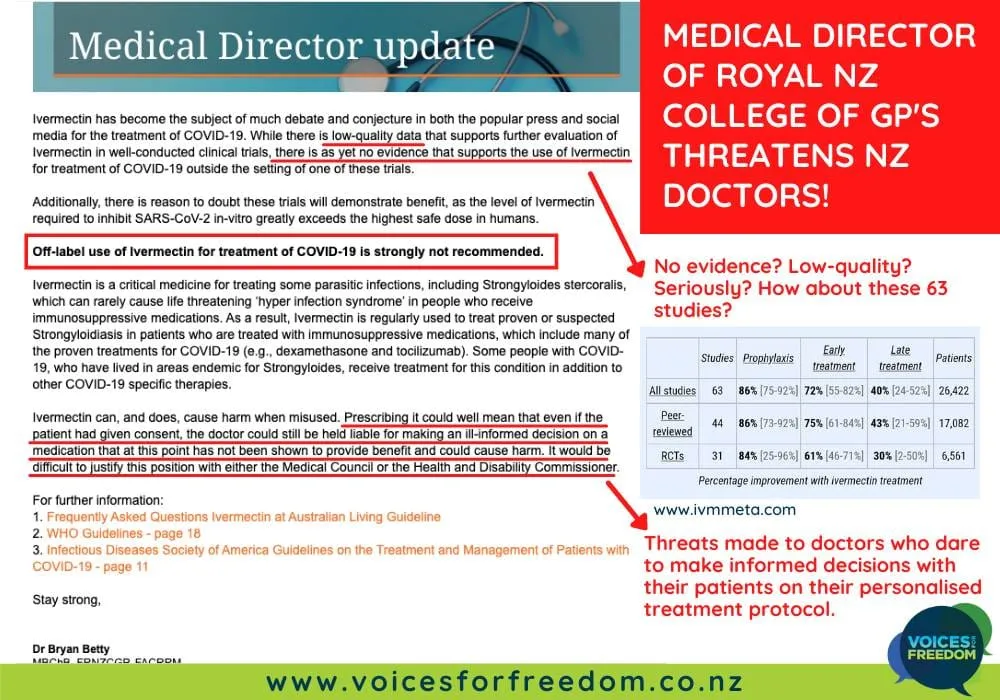
The Medical Director of Royal NZ College seems to be ignoring all the studies that show that it is. To learn more about ivermectin, see this video.
CAN I MAKE MY OWN HYDROXYCHLOROQUINE?
There is a recipe floating around which has been mentioned by some reputable therapists.
o Take the rinds only of 2-3 organic grapefruit and 2-3 organic lemons
o Cover with about 3 inches of water, cover the pan and simmer for 3 hours
o Let cool completely before taking the lid off
o Store in a glass bottle in the fridge or can be frozen
o Take a couple of teaspoons twice a day, or up to 2 Tablespoons if you're sick
But I think that there's been some confusion between these three compounds:
o Hydroxychloroquine - the manufactured chemical compound that is normally used for malaria. Some doctors are reporting good results with this for CoVid.
o Quinine - a natural anti-malarial which come from a bark
o Quercetin - a nutritional compound in certain fruits and other plant foods, including grapefruit and lemon peel.
The recipe seems likely to be a good homemade source of quercetin and other beneficial bioactive compounds, so no harm in knocking some up, for most people. But it's not going to give you either of the other two.
Contraindications: Grapefruit extract interacts with some medications so check that you're not on those.
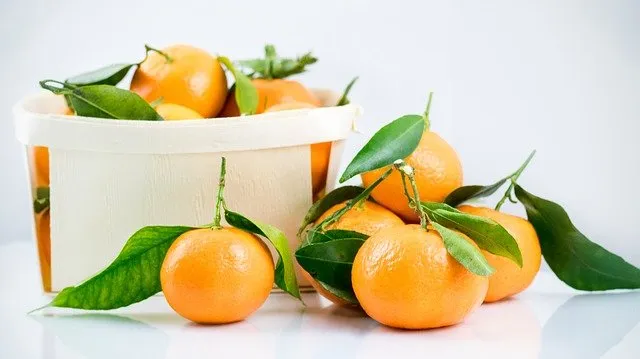
WHAT ELSE MIGHT SEND THE VIRUS SCURRYING?
These weren't in Dr McCullough's protocol, but I have seen these recommenced elsewhere. Sorry, can't remember who by!
o Cortisone - related to prednisone above
o Adenosine - usually used for tachycardia
I've seen this recommendation in a few places too. In the US especially, do everything you can to support your own health at home. The drug Remdesivir, promoted by Fauci, but very dangerous, has been used extensively in the US and can cause kidney failure.
There are more therapies that you can use to support your healing from Covid, that I would loosely categorise as either natural remedies or energy medicine. More on those in the next post.
My other posts in this series:
o Building Strong Immunity
o Who Should I Believe About Face Coverings?
o Today in New Zealand... No Mask, No Food
o Stop the bullying and tale telling, please
o Time to kick fear to the curb
